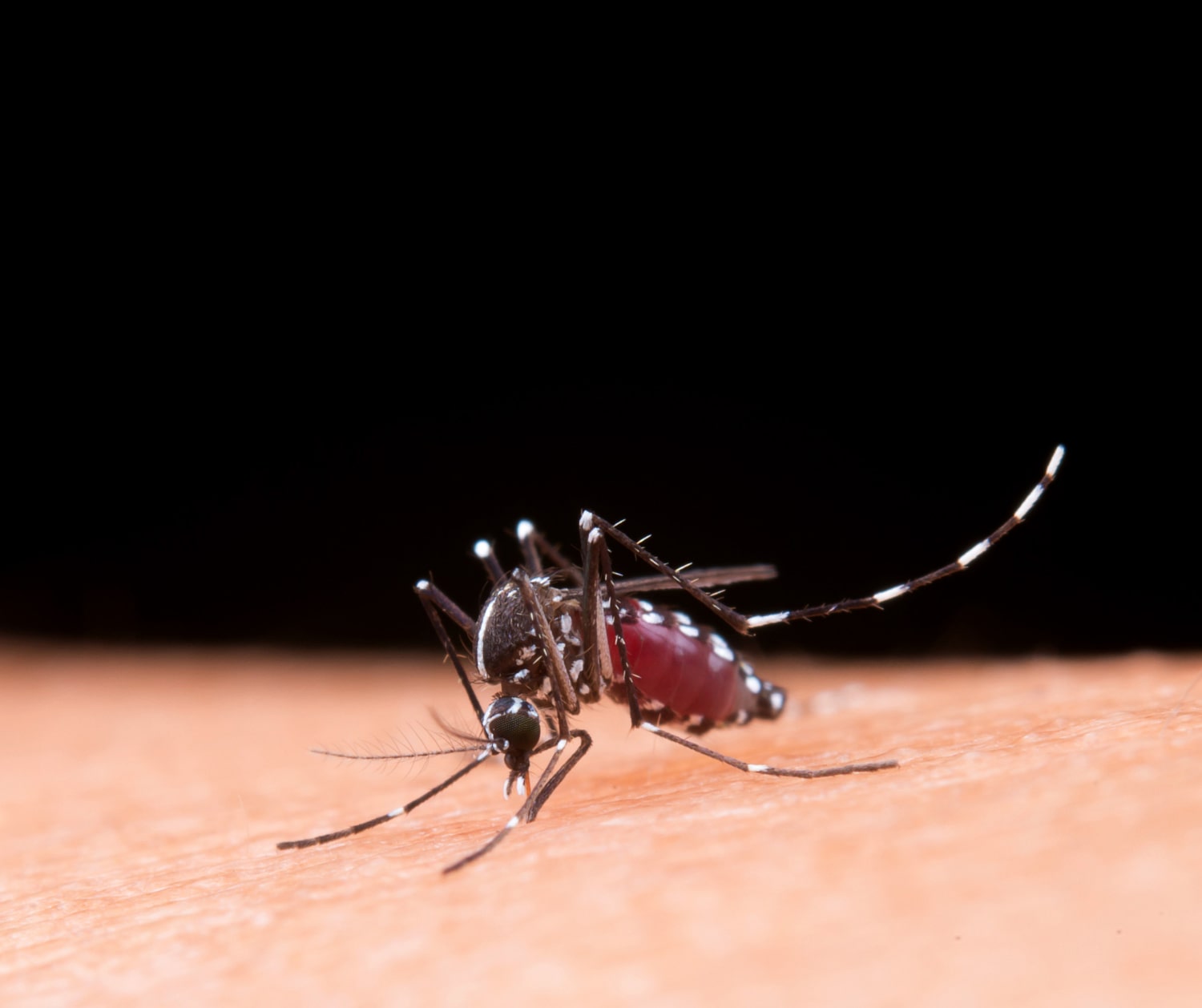Dengue Will Increase in the US and Europe, Says WHO
Admin
- 0

There is a latent possibility that dengue fever could become a major threat in the southern United States, southern Europe and new parts of Africa this decade, said the chief scientist of the World Health Organization (WHO), Jeremy Farrar, in an interview with the international news agency, Reuters.
Above all, the expert argues that cases will skyrocket as warmer temperatures create the conditions for mosquitoes carrying the infection to spread.
It has been a scourge in Asia and Latin America for decades, killing an estimated 20,000 people annually. The disease has increased eight-fold around the world since 2000, largely due to climate change, population growth and urbanization.
The Reuters review ensures that 4.2 million cases were reported worldwide in 2022 alone and public health officials have warned that near-record levels of transmission are expected this year. Bangladesh is currently experiencing the worst outbreak in its history, with more than 1,000 deaths.
“We need to talk much more proactively about dengue,” said Farrar, who is an infectious disease specialist who joined the WHO in May this year.
In his statements, the expert raises the imperative need to really prepare countries on how they will face the additional pressure that will come… in the future in many, many large cities.
Contents
ToggleAlso Read: WHO Approves Cheaper, More Potent Malaria Vaccine
Dengue may become endemic in the US
According to Farrar, the infection is expected to “spread” and become widespread in parts of the US, Europe and Africa—all of which already have some local transmission—as new areas become more hospitable to the mosquito that carries it. That will put great pressure on hospital systems in many countries, he warned.
Most people who contract dengue do not have symptoms, meaning case rates are believed to be much higher than reported numbers. Those who do may experience fever, muscle spasms, and joint pain so intense it is known as “breakbone fever. ” In severe cases (less than 1%) it can be fatal.
Although there is no specific treatment for dengue, there is a vaccine available called Qdenga from Takeda Pharmaceuticals that the WHO recommends for children aged 6 to 16 years in are regions in which the infection poses a serious threat to public health.
Qdenga is also approved by the EU regulator, but Takeda withdrew its application in the United States earlier this year, citing issues with data collection. Takeda said he was still in talks with the US Food and Drug Administration about the vaccine.
Infected mosquitoes carry Dengue virus, which is different from the malaria mosquito species. Dengue virus is a type of mosquito that carries Dengue virus. For example, they bite people indoors and bite throughout the day instead of at night. They also breed in very shallow waters.


